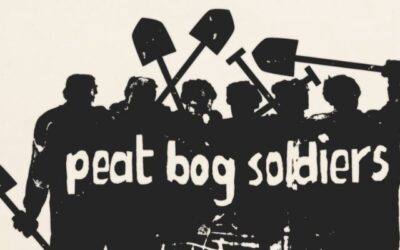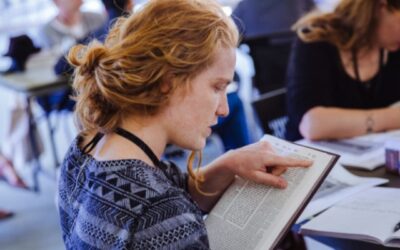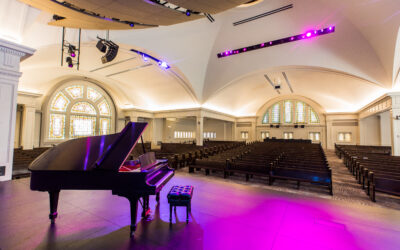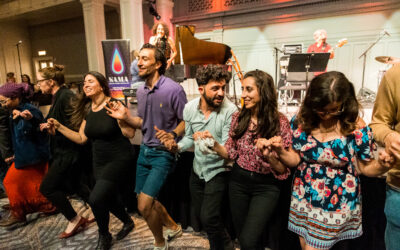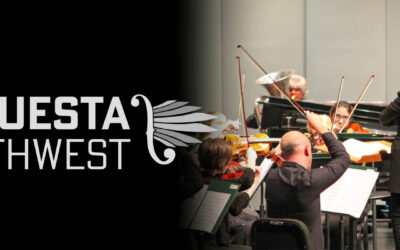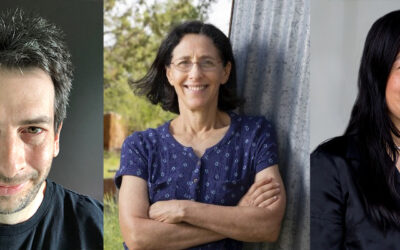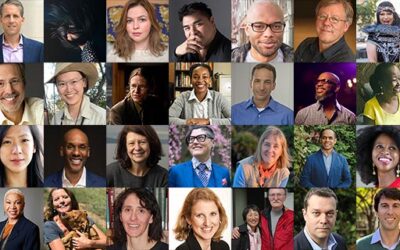Town Hall's Artist-in-Residence Maia Brown is gearing up for her final Findings Night event on May 19, which explores new musical compositions drawn from the archives of leftist Yiddish poetry...
Artist-in-Residence Maia Brown: Seeking a Song
Artist-in-Residence Maia Brown reflects on what has brought her to seek out the multilingual and intergenerational histories of one particular anti-fascist ballad, and the unexpected places the song...
Artist-in-Residence Maia Brown: Just Scratching the Surface
Details about 2024 Artist in Resident, Maia Brown's Scratch Night Each season, Town Hall’s Residency program offers local Artists or Scholars a paid opportunity to nourish their creative disciplines...
Inspiration and Insights with Tibetan singer Yungchen Lhamo.
In anticipation of her January 26 concert at Town Hall, we asked Yungchen Lhamo about music, travel, and her creative process. When did you start playing music? I have never played a musical...
Introducing On Topic: A Writing Club
Looking for a way to flex your writing muscles in a supportive, casual space? Join us on 10/5 for the inaugural meeting of our new On Topic Writing Club! Facilitated by local writer and theatre...
Town Hall’s Silver Soapbox: Celebrating 25 years
As we celebrate Town Hall Seattle’s 25th season – our silver anniversary – we invite our community to step up to the “Silver Soapbox” and celebrate with us! Around the turn of the 19th century,...
Introducing our Venue Access Partner, Orquesta Northwest
Town Hall is pleased to announce our new Venue Access Program (VAP) partner, Orquesta Northwest! Part of 4Culture’s Building for Equity program, our VAP was launched last season to build a long-term...
Are You Free Thursday, and Would You Do Me a Favor?
Part One in an Occasional Series About How You “Do” Town Hall Hi friends, For the last 15 years, I’ve visited Munich annually with Barbara and the girls to see their grandparents. This rhythm means...
Program Director Shin Yu Pai on Highlights from our Fall Calendar
Shin Yu Pai is no stranger to Town Hall Seattle. She began her relationship with us back in 2018 as an Inside/Out Artist in Residence for the Phinney/Greenwood neighborhood, curating programs that brought new local voices like author Thomas Hitoshi Pruiksma, Kathleen Alcalá, Rex Hohlbein of Facing Homelessness, and artist Susan Robb to the Town Hall Stage. In 2020, she wrote the vital blog piece, Town Hall Land Acknowledgement: Beyond Gestures, and pitched the concept to produce what would eventually become Lyric World, her podcast series centering on poets and poetry by BIPOC writers, with an emphasis on AAPI authors.
Over the years, Shin Yu’s presence at Town Hall has brought intention and community focus to our programming; it only seems natural that she became our Program Director earlier this year. Town Hall is thrilled to have Shin Yu onboard— read on to learn about what she looks forward to the most this season.

